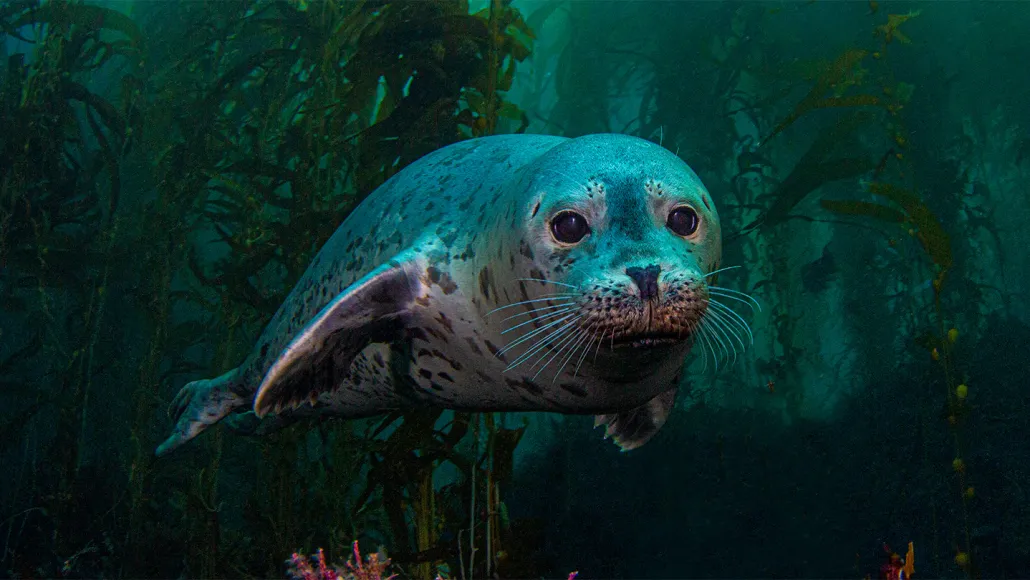Alix Morris’s A Year with the Seals is not just a journey into the lives of harbor and gray seals — it’s a thoughtful, layered meditation on what happens after a conservation success story. At its heart, the book explores a paradox: the return of once-endangered species like seals is both a triumph and a flashpoint, reigniting human-wildlife conflicts in communities where ecological recovery collides with economic pressures and cultural tensions.
Through vivid storytelling and nuanced reporting, Morris traverses North America’s coastlines, from the seal-saturated shores of New England to tribal fishing waters in the Pacific Northwest. She captures both the joy of witnessing wildlife resurgence and the real-world complications it brings — particularly for those whose livelihoods depend on the same ecosystems.
🦭 Highlights of the Book:
Hoover the talking harbor seal is the book’s whimsical opening act — a reminder of the deep, strange bonds that can form between animals and humans.
Morris shines in her on-the-ground reporting, joining wildlife rehabilitators on tense rescue missions, including one where a selfie-taker unintentionally dooms a pup through well-meaning mishandling.
She delves into the cultural dimensions of conservation, particularly the tension between federal protection laws and the rights of Indigenous groups like the Puyallup Tribe, who face increasing ecological and legal restrictions while trying to preserve traditional foodways.
In New England, she explores how white shark resurgence, fueled by growing seal populations, has reignited fear — and calls for seal culls — despite low actual risk to humans.
📚 What Sets It Apart:
Rather than preach or simplify, Morris asks readers to sit with the discomfort of complex truths. Seal lovers and fishermen both act from places of care, fear, and frustration — and both can cause harm or offer help. Her exploration reveals that wildlife recovery isn’t the final chapter in conservation — it’s just the beginning of a new, more human story about coexistence, tradeoffs, and humility.
✨ A Quiet Provocation:
In the end, Morris doesn’t offer a blueprint for harmony, but something harder and more valuable: a shift in perspective. As she writes, maybe the question isn’t how we control nature — but how we control ourselves.
This book is a compelling and compassionate look at a fractured but hopeful ecological landscape — perfect for readers interested in conservation, environmental justice, and the intricate, often messy ways humans share the planet with wildlife.
